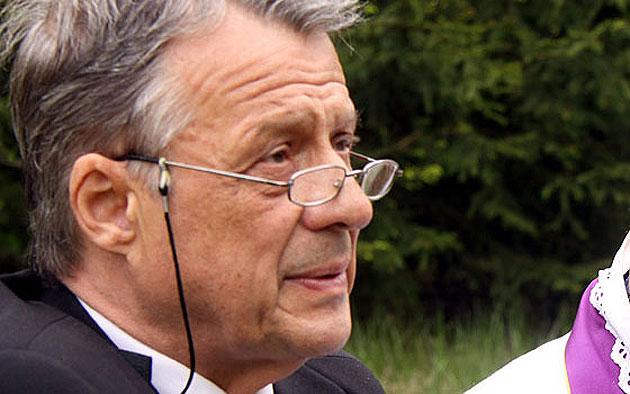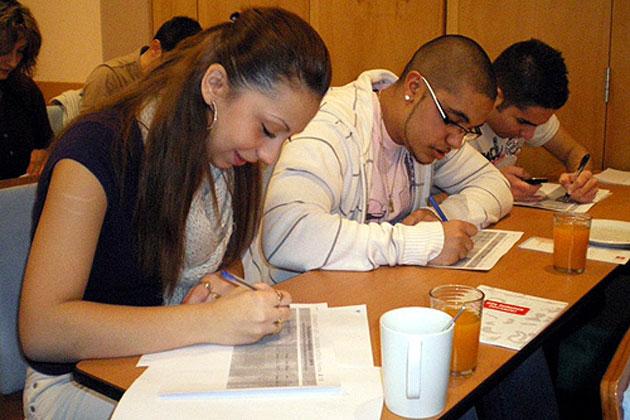Commentary: The thorny path of Romani emancipation from Czechoslovakia to today's Czech Republic

It has been 50 years since I first encountered the call for Romani emancipation. I was in Paris when the “fraternal” Warsaw Pact armies occupied Czechoslovakia in 1968, and after arriving back home by train to Prague’s Smíchov station, I went into the restaurant there.
A young Romani couple, a boy and girl, were sitting at the table next to me when suddenly a broadcast was made on the radio in a language unfamiliar to me. It lasted about five minutes, and then the announcer said it had been a Romanes-language broadcast for our fellow citizens of Romani origin.
I saw surprise on the faces of the Romani customers. I got up, walked over to them, greeted them, and said: “I’m glad that I finally get to hear what Romanes sounds like. Now let’s make sure it happens more frequently and regularly.”
That episode came back to me last week, when the Museum of Romani Culture in Brno held a very interesting evening about Romani people and the state. In addition to awarding the Museum’s Prize to the artist and educator David Tišer, the evening included a discussion about the relationship between Romani people and the state and the relationship of the majority society and the state toward Romani people over the last 100 years.
The book Aby bylo i s námi počítáno (So That You Count on Us Too) was also launched, a publication by Romani Studies scholars Helena Sadílková and Milada Závodská and historian Dušan Slačka that documents the political and societal engagement of Romani people and their efforts to establish a Romani organization in postwar Czechoslovakia. The high point of those efforts was the founding of the Union of Gypsies-Roma, which socially engaged Romani people started working on immediately at the beginning of 1968, although their drive to create it was not fulfilled until 30 August 1969.
For me this is more evidence that the islands of freedom here were not suppressed by the Soviet military invasion alone, but that it took the Czechoslovak state bodies and eventually most of society conceding that their freedoms had been defeated for the suppression to happen – in this case, the freedom of association. At that point, conditions gradually deteriorated.
The Union of Gypsies-Roma was active for several years but finally was forced to cease is activity in 1973. For me, its establishment and work is an example of the free activity of people who were coming together at that time in independent groups such as the developing labor councils or the artists’ unions.
What is valuable about this publication is that it shows how the efforts by Romani people (and their supporters) to emancipate themselves through self- organization had been demonstrated long before 1969. Those efforts are documented in writing going back to the 1950s.
Several communist functionaries also contributed to those efforts, such as Czechoslovak Minister for Social Care Evžen Erban. After 1989, such attempts at Romani emancipation acquired a new dimension.
Cultural autonomy began to be cautiously spoken of here, through which each Romani person him or herself would determine not just the degree of his or her assimilation, but would contribute to the cultural and the ethnic emancipation of groups and individuals. I consider this evening organized by the Museum of Romani Culture to have been yet another contribution to those efforts.
Petr Uhl is a journalist
